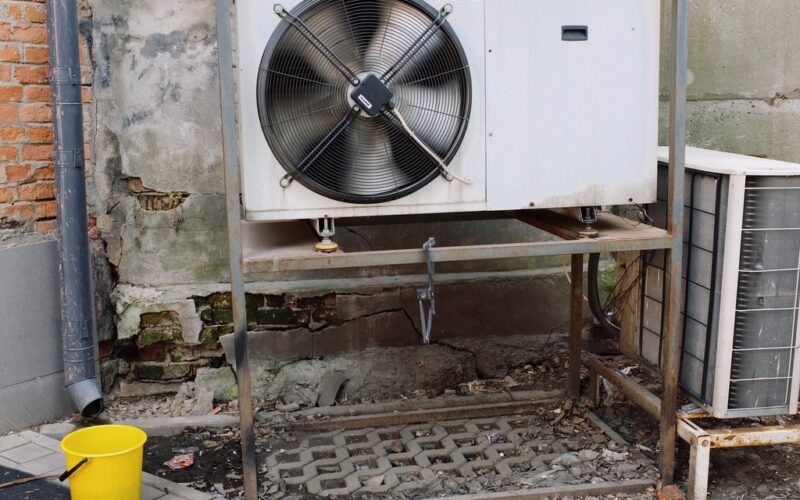Becoming an HVAC (Heating, Ventilation, and Air Conditioning) contractor can be a rewarding career choice. It offers the opportunity to ensure indoor comfort for homes and businesses. If you’re interested in pursuing this path, here’s a simple guide on how to become an HVAC contractor.
Obtain a High School Diploma or Equivalent
To start your journey towards becoming an HVAC contractor, you’ll need a high school diploma or GED equivalent. A strong foundation in math, physics, and mechanical systems can be helpful in understanding the technical aspects of the HVAC field.
Complete a Vocational or Technical Training Program
Enrolling in a vocational or technical training program in HVAC is the next step. These programs, often offered by community colleges or trade schools, provide hands-on training and classroom instruction in various HVAC systems and technologies. These programs typically take around six months to 2 years to complete, depending on the depth of training.
Gain Practical Experience
After completing your training program, gaining practical experience is crucial. Many HVAC contractors start as apprentices under experienced professionals. Apprenticeships allow you to work on real projects, learn the trade from experienced mentors, and understand the practical challenges of HVAC work.
Obtain Required Licenses and Certifications
To become a licensed HVAC contractor, you’ll need to meet your state’s licensing requirements. This usually involves passing an exam that tests your knowledge of HVAC systems, safety protocols, and local building codes. Some states might also require a certain number of work hours as an apprentice before you’re eligible to take the exam.
Obtain Liability Insurance and Bonds
Before you start taking on HVAC projects, it’s important to have liability insurance and surety bonds. These provide financial protection in case of accidents, damages, or disputes during your HVAC work.
Comply with Regulations
HVAC contractors are often subject to local and federal regulations related to safety, emissions, and environmental standards. Staying compliant with these regulations is crucial for your business’s reputation and legal standing.
Network and Join Professional Organizations
Networking within the HVAC industry can open up opportunities for collaboration, mentorship, and business growth. Consider joining professional organizations like the Air Conditioning Contractors of America (ACCA) to connect with fellow HVAC professionals.
Becoming an HVAC contractor involves a combination of education, training, experience, and continuous learning. By following these steps, you can establish yourself as a skilled and knowledgeable professional in the HVAC industry, offering valuable services to clients and contributing to indoor comfort and energy efficiency.





